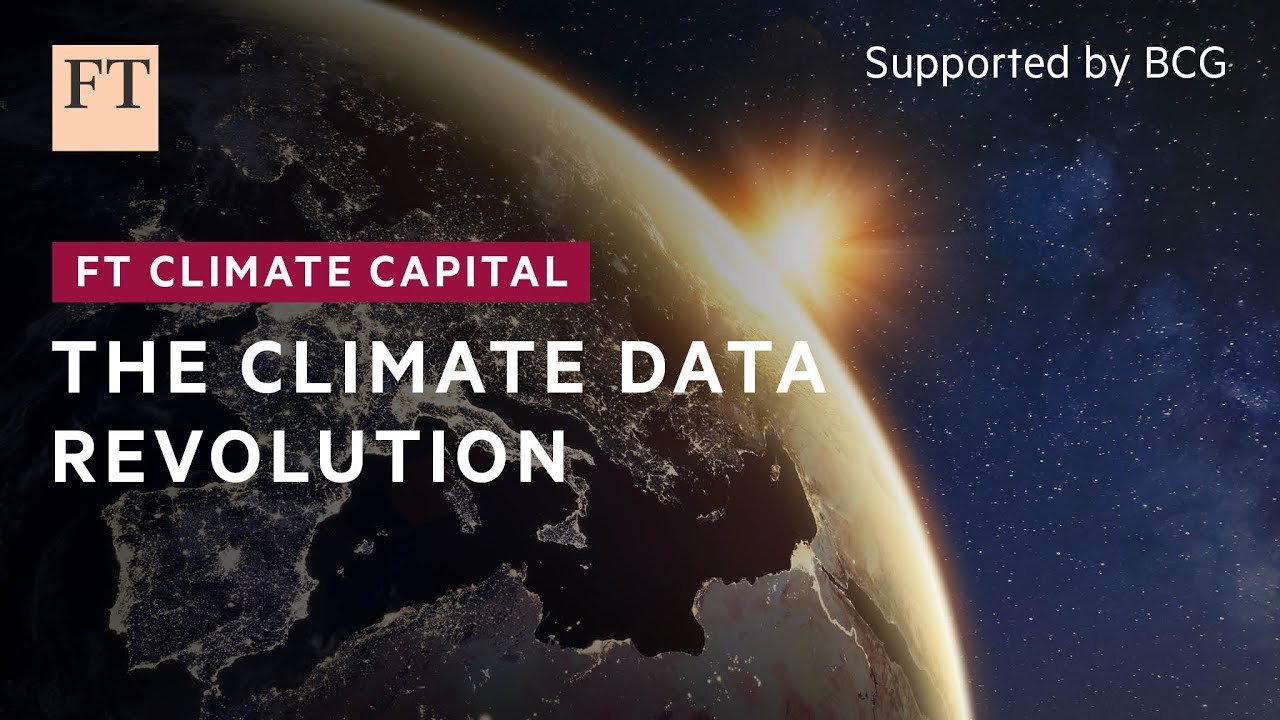- Quality and quantity of climate data have significantly improved due to advanced satellite technology and instruments.
- Climate agencies use supercomputers and complex models to process data, revealing unanimous findings of record high temperatures.
- The accuracy of climate data is crucial for understanding the overall trend of warming, despite slight methodological differences among agencies.
- International collaboration plays a key role in climate science, with various countries sharing satellite data to build a comprehensive global picture.
- Conventional, hands-on data collection methods are still important for verifying satellite data and exploring areas satellites cannot reach.
- The ocean absorbs significant amounts of carbon dioxide and heat, necessitating thorough research to understand its interaction with the climate.
- Autonomous vessels and submersibles are being developed to study remote and deep-sea areas, especially in rapidly warming polar regions.
- AI and machine learning show promise in enhancing short-term weather forecasting by analyzing large datasets of past weather.
- Despite advancements in forecasting, unexpected extreme weather events like hurricanes pose challenges and highlight the need for continued data gathering.
- The continuous rise in greenhouse gas emissions underscores the urgency in understanding and adapting to climate impacts.
The Financial Times is a British daily business newspaper printed in broadsheet and also published digitally that focuses on business and economic current affairs.
AllSides Media Bias Rating: Center
https://www.allsides.com/news-source/financial-times-media-bias
Official website: https://www.ft.com/
Original video here.
This summary has been generated by AI.

Leave a Reply